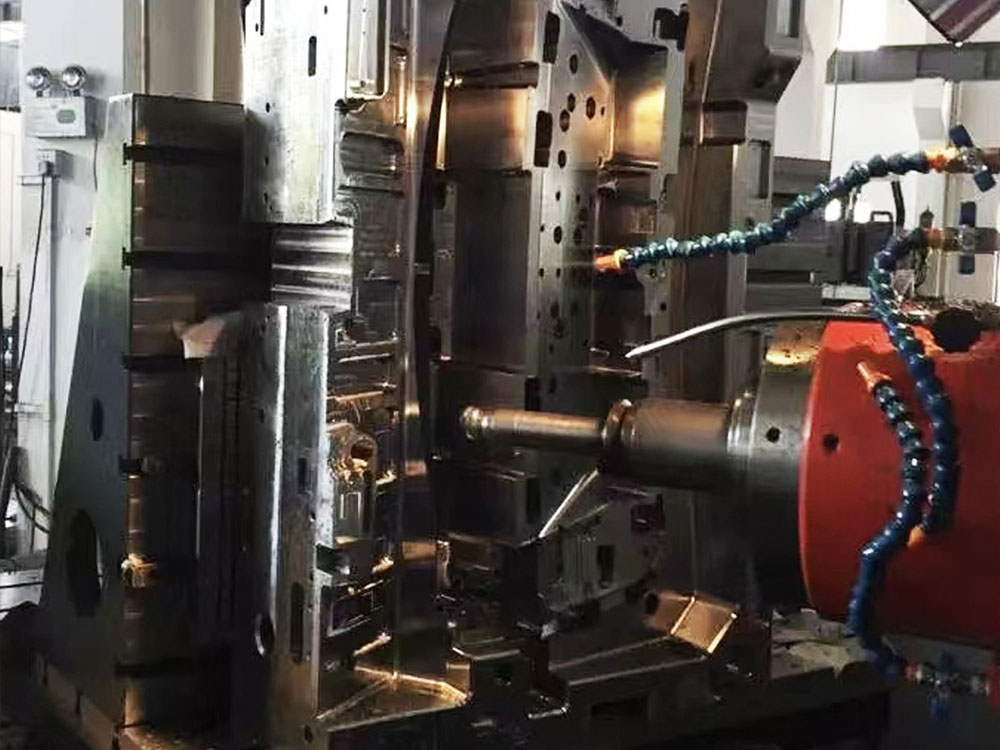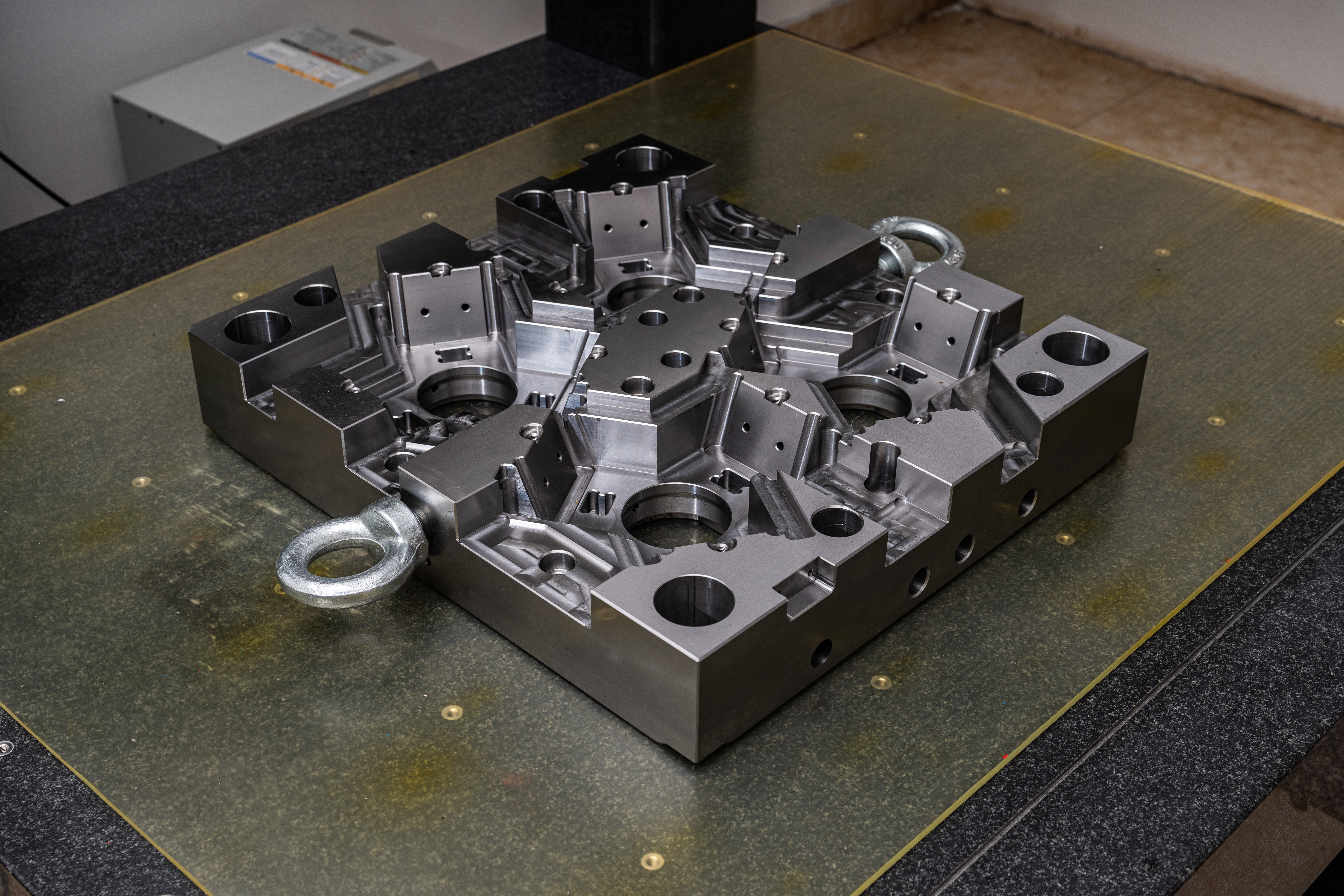Review on the Performance of Automotive Parts Distribution Agents: The Mold Base Industry
Introduction:
The automotive industry heavily relies on a well-functioning and efficient parts distribution network to ensure seamless production and vehicle maintenance. Within this vast network, the mold base industry plays a crucial role by supplying essential components for the manufacturing of automotive parts. In this review, we will analyze the performance of automotive parts distribution agents in the mold base industry, focusing on their organizational structure, delivery capabilities, and customer satisfaction.Organizational Structure:
The organizational structure of automotive parts distribution agents in the mold base industry significantly impacts their performance. A well-structured agent possesses clear hierarchies, efficient communication channels, and a robust tracking system for inventory management. Optimal organizational structures ensure smooth coordination between various departments, such as sales, logistics, and customer service.
Efficient sales departments actively engage with mold base manufacturers to understand their production needs and forecast demand accurately. Timely and accurate demand forecasts enable the agents to maintain adequate stock levels, minimizing stockouts and production delays. Moreover, effective collaborations between sales and logistics departments enhance delivery capabilities, ensuring that automotive parts manufacturers receive mold bases in a timely manner.
Customer service departments should also be an integral part of the organizational structure, as they play a vital role in addressing customer inquiries, handling complaints, and providing necessary technical assistance. A well-trained and responsive customer service team leads to enhanced customer satisfaction, establishing strong long-term relationships between the distribution agents and mold base manufacturers.
Delivery Capabilities:
The ability of automotive parts distribution agents in the mold base industry to deliver products promptly and reliably is crucial for the efficiency of the supply chain. Delivery capabilities depend on factors such as warehouse location, transportation resources, and effective logistics management.
Strategically located warehouses significantly enhance delivery capabilities by reducing transportation time and costs. Distribution agents should establish warehouses strategically in close proximity to mold base manufacturers, ensuring faster order processing and reducing shipping distances. Moreover, warehouses should be equipped with modern inventory management systems to facilitate accurate and efficient order picking and shipping processes.
Collaborating with reliable transportation partners is another key factor in improving delivery capabilities. Distribution agents should maintain strong relationships with logistics companies capable of handling the transportation of mold bases with care, maintaining optimal storage and transit conditions to preserve the integrity of the components. Additionally, tracking systems should be implemented to monitor the location and delivery status of orders, allowing mold base manufacturers to plan their production schedules effectively.
Customer Satisfaction:
Customer satisfaction is the ultimate indicator of the performance of automotive parts distribution agents in the mold base industry. Satisfying customer expectations requires effective communication, timely delivery, accurate order fulfillment, and exceptional product quality.
Clear and regular communication channels between mold base manufacturers and distribution agents are essential to understanding specific requirements, providing updates on order status, and addressing any potential issues promptly. Regular communication cultivates trust and transparency, fostering strong relationships between the two parties.
Timely delivery of mold bases is critical for automotive parts manufacturers to meet their production schedules. Consequently, distribution agents should ensure that orders are processed promptly and shipped on schedule, reducing the risk of production delays for the customers.
Precise and accurate order fulfillment is equally important to maintain high customer satisfaction. Distribution agents should focus on minimizing order errors, ensuring that the correct mold bases, quantities, and specifications are delivered. Consistently meeting order requirements and providing high-quality products contribute to customer loyalty, ultimately benefiting the distribution agents in the long run.
Conclusion:
The performance of automotive parts distribution agents in the mold base industry relies on their organizational structure, delivery capabilities, and customer satisfaction levels. A well-structured organization, efficient delivery mechanisms, and a strong focus on customer satisfaction are crucial for ensuring smooth operations and cultivating long-term partnerships with mold base manufacturers. Striving for continuous improvement in these areas will undoubtedly lead to increased efficiency and success in the automotive parts distribution network.




